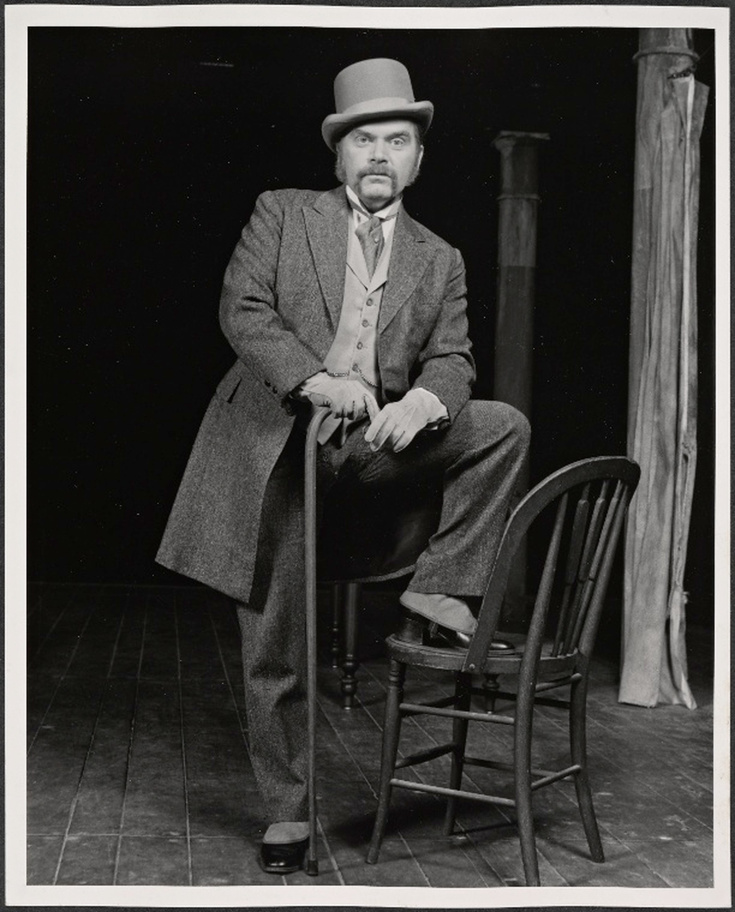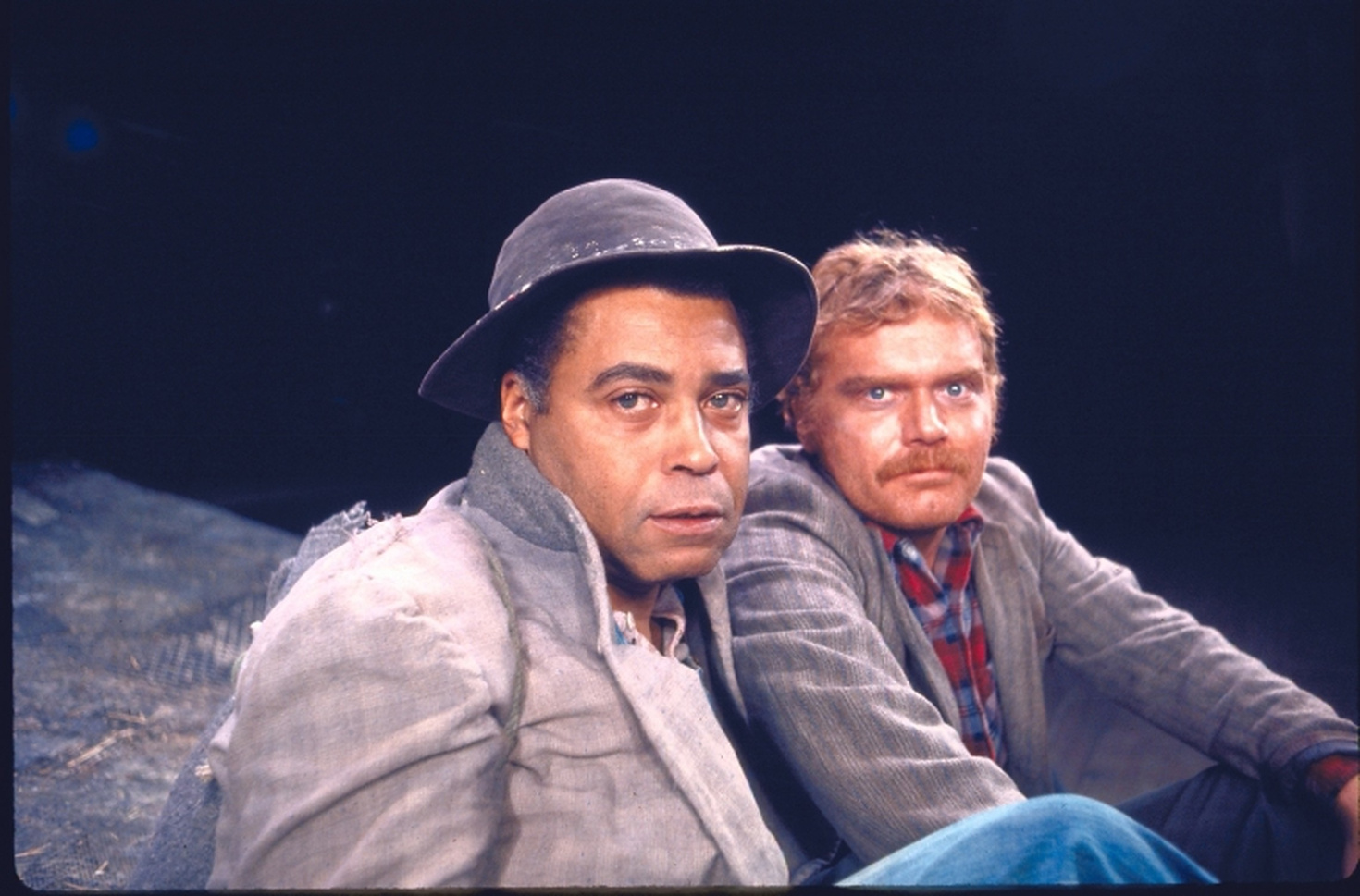Kevin Conway, Broadway Star of The Elephant Man & Of Mice and Men, Dies at 77


(Photo: Martha Swope/NYPL)
Kevin Conway, a veteran actor who embodied the role of George in the first Broadway revival of Of Mice and Men and led The Elephant Man on and off-Broadway, died on January 4 in New York City. According to his longtime partner Geraldine Newman, Conway passed from a heart attack. He was 77.
Born in 1942 in Harlem to a working class family, Conway was known for his raspy, sometimes foreboding voice and his fiery, tough-guy roles on stage and screen.
He began acting in his 30s after a late start to stage work. After graduating high school, he joined the Navy and took a job with IBM. Nighttime acting classes spurred an interest in the stage and, eventually, he asked IBM to fire him so he could collect unemployment while pursuing a career in acting.
He made his Broadway debut in 1969 in Indians, a play that used the American genocide of Native Americans as an allegory for the Vietnam War. He joined the long-running 1971 off-Broadway production of One Flew Over the Cuckoo’s Nest as Randle Patrick McMurphy, and in 1972 and 1973, two more Broadway shows followed: Moonchildren, about a group of young hippies, and The Plough and the Stars, a revival of Sean O’Casey’s drama of the Irish Easter Rebellion.
While well-liked in each of those roles, Conway had yet to break out. In 1973, he led an off-Broadway play written by Mark Medoff called When Are You Coming Back, Red Ryder? and triumphed. Conway played Teddy, a sadistic and brutal diner guest with a gun, a car full of drugs and the madness to hold up a diner late at night. “Mr. Conway lights up the stage with his half amused, half-vicious personification,” wrote Clives Barnes in the New York Times. “Rarely can alienation have been exposed so mercilessly and, this is revealing, so understandingly.” Importantly, the role solidified Conway as a great actor of the anti-hero, troubled and disaffected.

When the first revival of John Steinbeck’s Of Mice and Men came to Broadway in 1975, Conway was cast as George, the rough and tough protector of the simple-minded and gently dangerous Lennie, played in that production by James Earl Jones. “In the depth of these two portrayals, the production possibly transcends the play itself,” wrote Clive Barnes in the New York Times, “and in the final scene Mr. Jones and Mr. Conway strike a note of purity that is rarely to be encountered in any theater.”
What quick temper Conway mastered on stage he brought readily to the screen. In 1978, F.I.S.T., opposite Sylvester Stallone, and Paradise Alley, about 1940s gangsters in New York, were influential film credits, as were Gettysburg (1993), Thirteen Days (2000) and Invincible (2006) late in his life. On television, Conway starred in shows like The Black Donnellys and The Bronx Is Burning.
Conway returned to Broadway again in 1979, as Frederick Treves, the compassionate and idealistic caretaker in The Elephant Man, marking a departure from his usual fiery roles. Conway originated the role in the production's first off-Broadway run, and was lauded for his turn when the play tranferred to Broadway. “Kevin Conway has turned a fine performance into a towering one,” wrote Richard Eder in The New York Times.
In the 1980s, Conway directed plays off-Broadway, including Mecca (1980) and Short Eyes (1985), and returned to the Great White Way twice more, in On the Waterfront (1995) and Dinner at Eight (2003).
Despite his many roles, Conway curiously never received accolades for his acting, never receiving a Tony, Emmy or Oscar nomination. “I don’t envision posters of me hung on the walls of bedrooms of young girls,” he said in 1978. “Yet, someone like Laurence Olivier gets better as he gets older.”